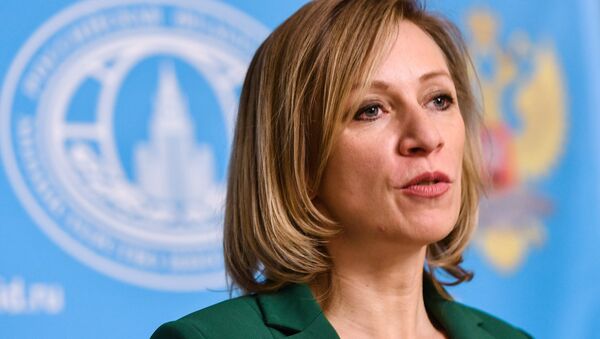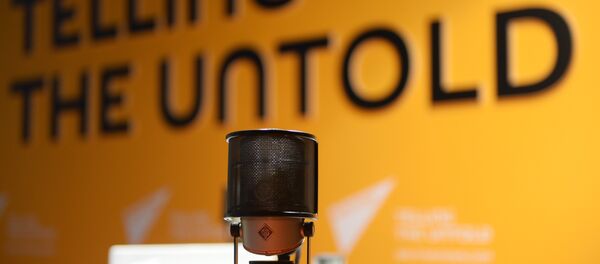"Of course, there won't be any fake news or misinformation campaigns, because it's a way to nowhere," she said.
The diplomat drew a parallel with nuclear weapons, saying "it is impossible to win a nuclear war."
"It's impossible to win an information war either, because it would affect ordinary people and lead to a situation when people will simply turn away from traditional media and look for some alternative sources. This is neither good nor bad, the question is only if you, media representatives, are ready for this," Zakharova concluded.
The West, in turn, repeatedly accused Russian media of spreading false information. On Monday, at a joint press conference with Vladimir Putin, French President Emmanuel Macron explained that he did not allow RT and Sputnik news agency employees to cover his pre-election campaign because "they spread false information and lies."
Russian Foreign Minister Sergei Lavrov said that Macron's statement is part of an "anti-Russian campaign" in Western countries and noted that such statements are unjustified.
However, the head of the French National Agency of Information Systems Security (ANSSI) said in an interview with The Associated Press that France has found no traces of Russian hackers in the cyberattack on Macron's campaign.
Russian officials, including Foreign Minister Sergei Lavrov, has repeatedly said that claims of Russia's alleged attempts to interfere in foreign countries' elections, including those in the US, France and Germany, are groundless.




